© 2025 MJH Life Sciences™ , Patient Care Online – Primary Care News and Clinical Resources. All rights reserved.
7 New Developments in Women's Health
New breast cancer screening guideline, new FDA-approved drug for osteoporosis treatment, and 5 other recent findings summarized here.

“Communities and countries and ultimately the world are only as strong as the health of their women.” -Former First Lady Michelle Obama
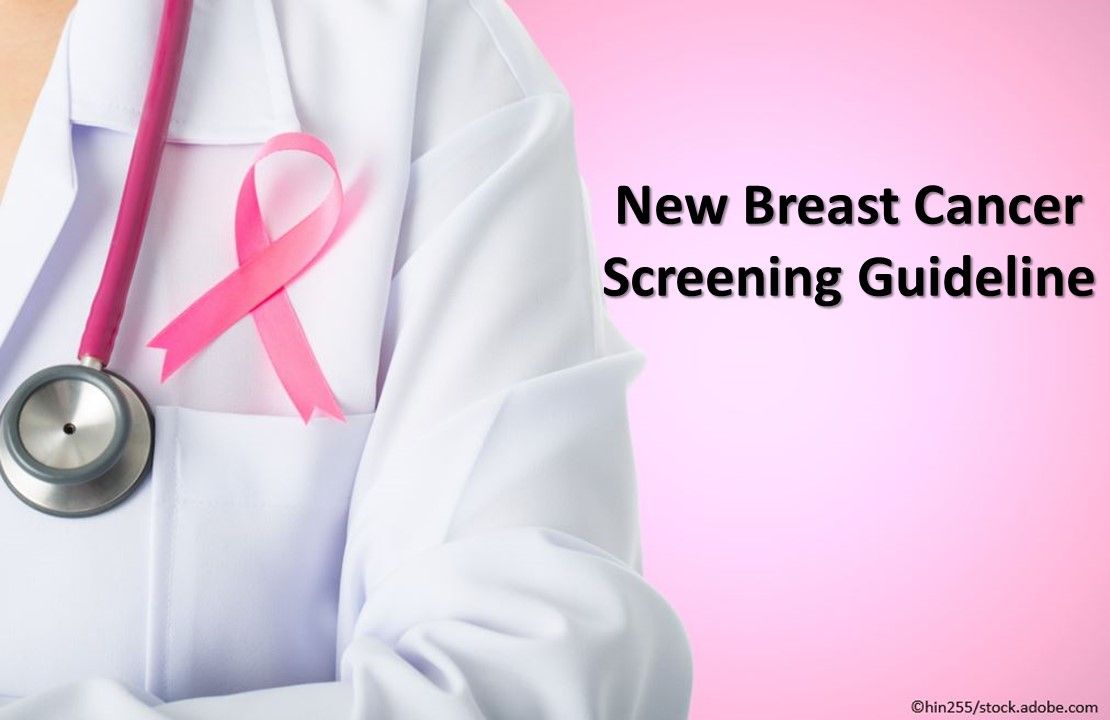
A new guidance statement from the American College of Physicians offers advice on age-based screening for breast cancer in asymptomatic women at average risk: (1) 40-49 years-discuss whether to screen with mammography before age 50, including potential benefits and harms and the patient’s preferences; (2) 50-74 years-offer screening with biennial mammography; (3) ≥75 years or life expectancy of ≤10 years-discontinue screening; and (4) all ages-do not use clinical breast examination to screen.
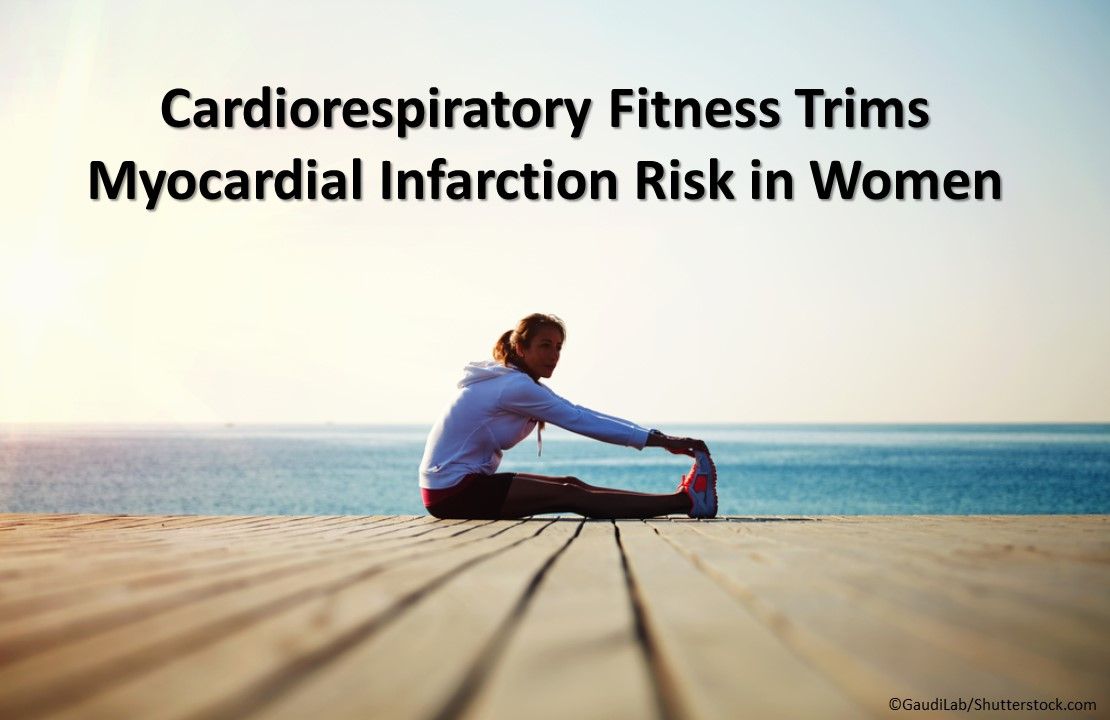
In a new study of cardiorespiratory fitness (CRF) and the risk of first acute myocardial infarction (AMI), estimated CRF was inversely associated with the risk of an AMI event in women but not men. The study found that a rise in CRF levels is more protective against incident myocardial infarction in middleâaged and older women vs men. Women with a medium and high estimated CRF had a 25% and 44% decreased risk of first AMI vs women with low estimated CRF, respectively. The investigators suggested that CRF is an essential measurement to estimate in routine clinical practice to increase fitness and prevent a first heart attack in patients with decreased CRF levels.
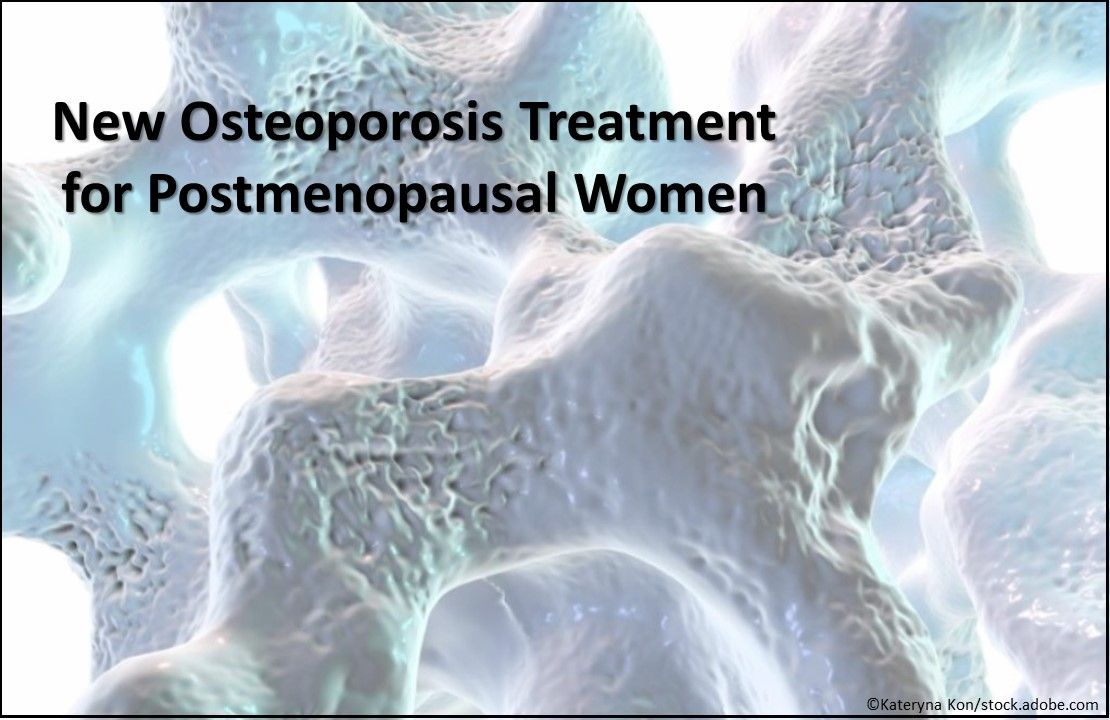
Evenity (romosozumab-aqqg) received FDA approval to treat osteoporosis in postmenopausal women who have a history of osteoporotic fracture, multiple risk factors for fracture, or have failed or are intolerant to other osteoporosis therapies. Evenity, a monoclonal antibody that blocks the effects of sclerostin, works by increasing new bone formation. A dose consists of 2 injections, 1 immediately after the other, given once a month by a healthcare professional.
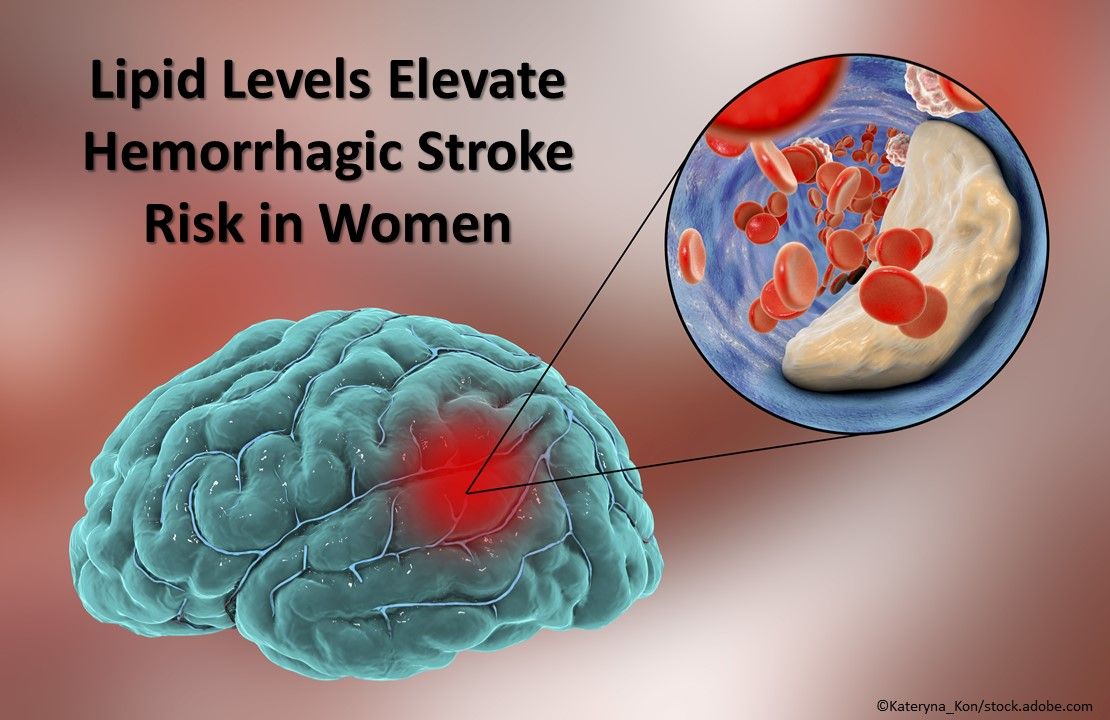
Low-density lipoprotein cholesterol (LDL-C) levels <70 mg/dL and low triglyceride levels were associated with an increased risk of hemorrhagic stroke in a new large prospective cohort study of women. The risk of hemorrhagic stroke in women with LDL-C levels <70 mg/dL was 2.17 times the risk in those with levels 100-129.9 mg/dL. There was no significant increase in risk seen in women with LDL-C levels 130-159.9 mg/dL or 70-99.9 mg/dL. Risk may have been increased, but not significantly, in women with LDL-C levels ≥160 mg/dL.
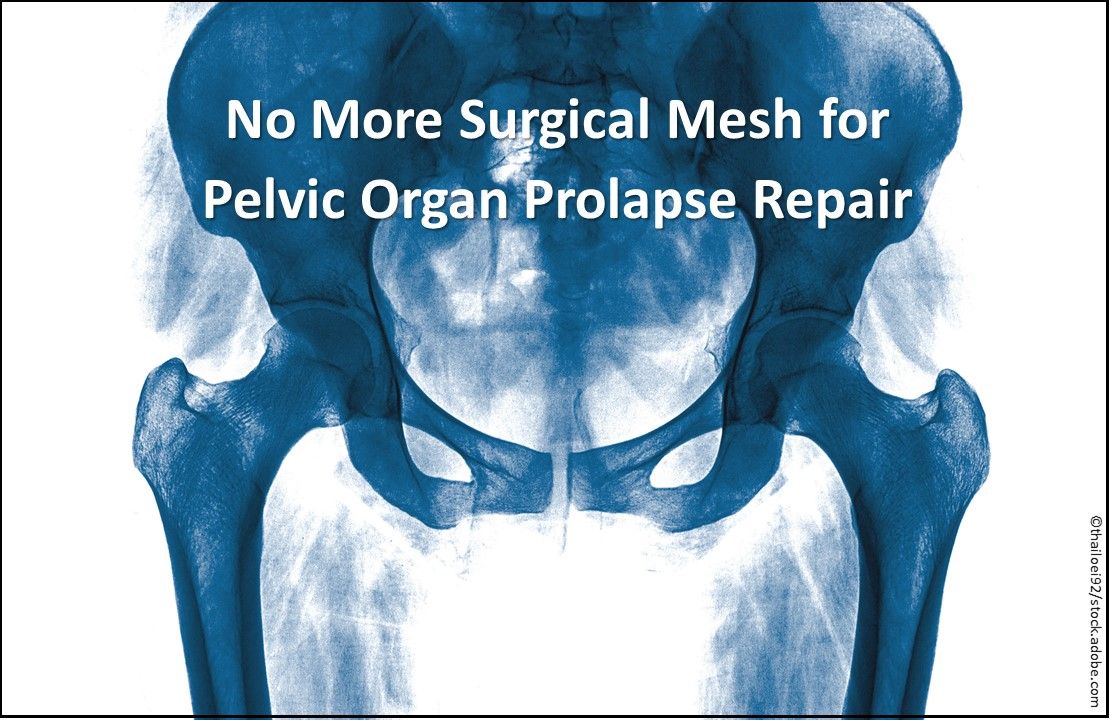
The FDA ordered the manufacturers of surgical mesh products for the transvaginal repair of pelvic organ prolapse (POP) to immediately stop selling and distributing them in the US. The FDA concluded there was insufficient evidence that these products worked better vs surgery and, therefore, could not be deemed safe and effective long term. “Women who have had transvaginal mesh placed for the surgical repair of POP should continue with their annual and other routine check-ups and follow-up care,” the FDA stated. “There is no need to take additional action if they are satisfied with their surgery and are not having complications or symptoms.”
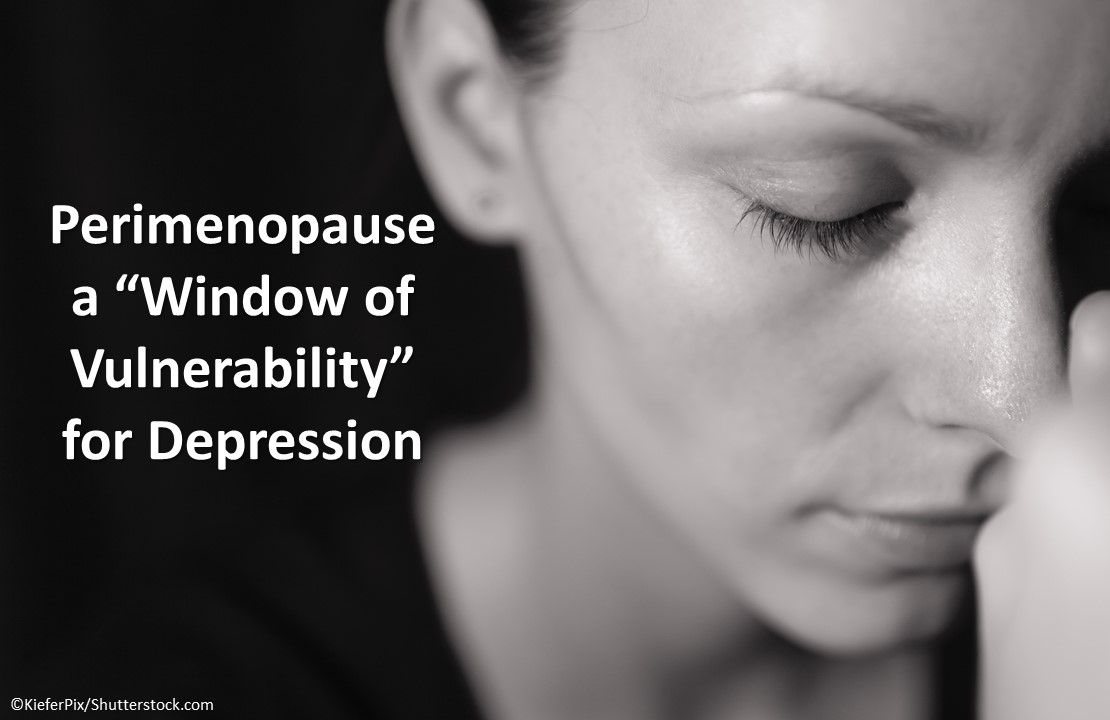
An expert panel from the North American Menopause Society (NAMS) and the National Network of Depression Centers Women and Mood Disorders Task Group (NNDC) released guidelines stating the risk of depressive symptoms is elevated during perimenopause (a “window of vulnerability”) even in women with no history of major depressive disorder (MDD). Most midlife women who have a major depressive episode (MDE) during perimenopause had a prior episode of depression. Risk factors for depressive symptoms during perimenopause include prior MDD, menopause symptoms, and reproductive-related mood disturbance. Risk factors for MDD include mental health factors and menopausal symptoms.
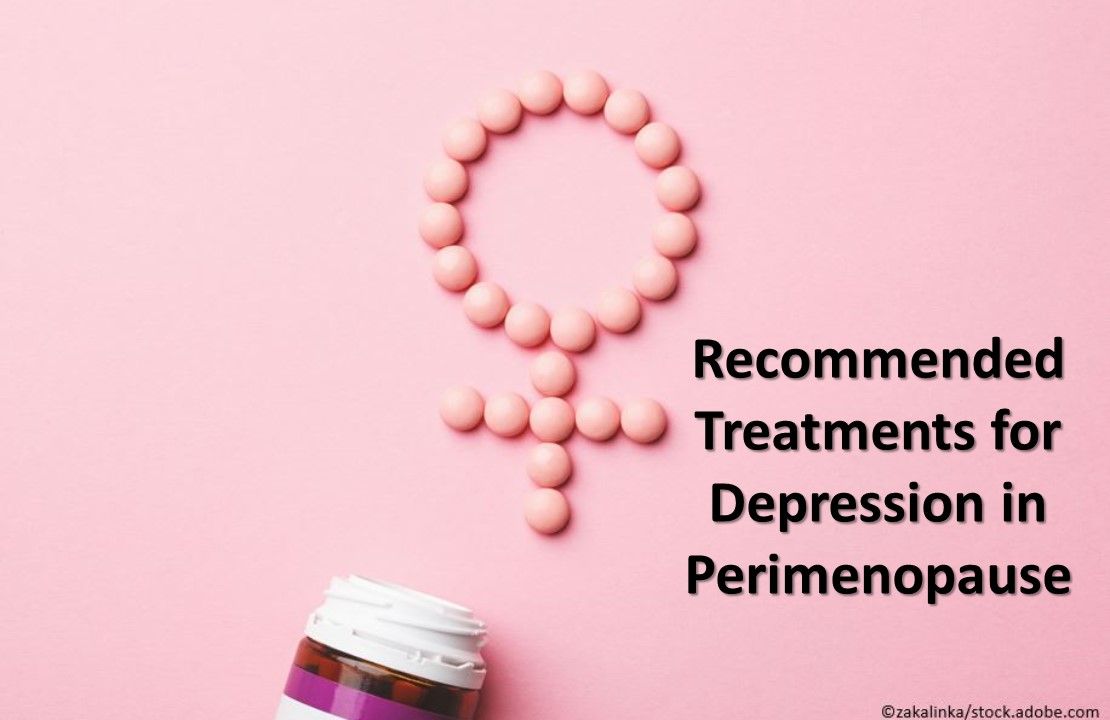
Proven therapeutic options for depression (eg, antidepressants and cognitive behavioral therapy) should remain as front-line antidepressant treatments for MDEs during perimenopause, according to the same NAMS/NNDC expert panel. Antidepressants (selective serotonin reuptake inhibitors and serotonin-norepinephrine reuptake inhibitors) can improve menopause-related complaints (eg, vasomotor symptoms and pain). Treatment of co-occurring sleep disturbance and night sweats should be considered for treating menopause-related depression.
New breast cancer screening guideline, cardiorespiratory fitness trims myocardial infarction risk in women, new osteoporosis treatment for postmenopausal women at high risk for fracture-these are just some of the latest findings and developments in women’s health.Click through the slideshow below to find concise summaries of key points and takeaways for clinical practice.
Related Content:


